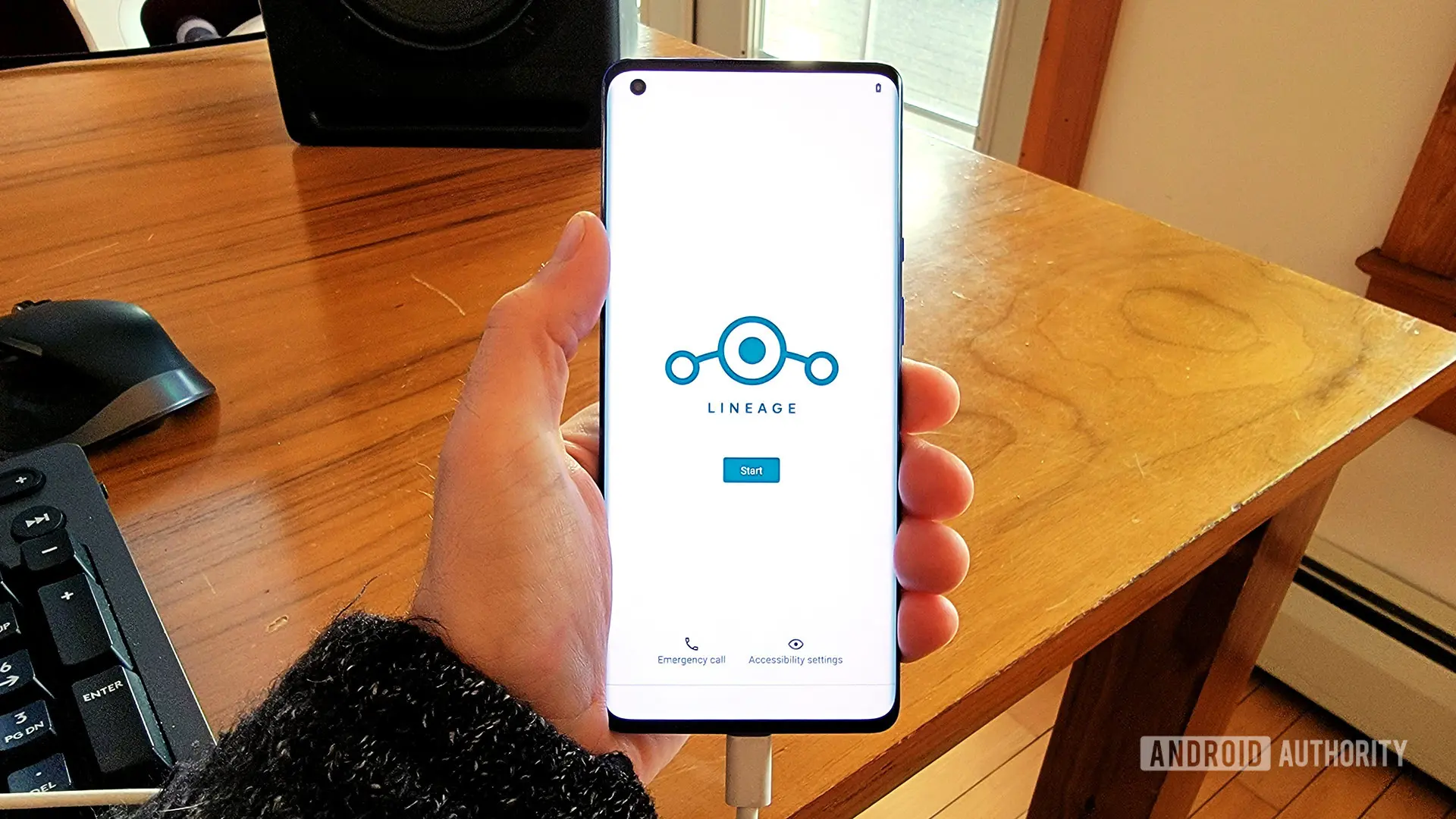- cross-posted to:
- android@lemdro.id
- cross-posted to:
- android@lemdro.id
I am surprised that Google spends so much time tackling custom ROMs via it’s Play Integrity API. If only they paid that much attention to say, curating the Play Store more, it had be much better for everyone



extremely pedantic whining over the term “ROM”, but when has a custom android distribution ever dealt with “read-only memory”? is or was there some immutable component of Android that could be interpreted as read-only?
also I switched from iPhones to Google Pixels running GrapheneOS four years ago and I’ve never looked back, it’s really solid and gives me the amount of control I expect and demand over hardware I’ve purchased upfront. Pedantry aside, I strongly recommend GrapheneOS
They’ve always been called ROMs, not sure why, but it’s been like that since the beginnings of Android
Do you use it on a Pixel? Last I read, that’s the only officially supported phone. It feels ironic giving Google money for a phone so you can use deGoogle more.
Don’t get me wrong, I’m all for it, I just wish it supported more devices.
I do, yes. First on a Pixel 5 and then (and currently) on a Pixel 8 Pro.
The purely emotional icky feeling of giving Google money is far less important than the tangible security, privacy, and usability upsides of GrapheneOS on a supported device. But if that’s important to you, just buy a Pixel secondhand, Google gets no money from that.
I wish more devices were supported too, but my understanding is that only Google makes devices that are both secure and open enough.
Article in German, but the relevant points from the GrapheneOS lead are all in english: https://www.kuketz-blog.de/weshalb-grapheneos-aktuell-nur-google-pixel-geraete-unterstuetzt/
One point about Samsung:
I did not know most of that. Very informative, thanks!
What does the crippling and security features refer to?
It’s painful disabling knox so you can root or flash custom roms.
Seems like you can’t re-lock the bootloader after installing an alternative OS, for one
I know exactly as much as you do about it. Just quoting the lead dev.
It’s firmware, hence why the word ROM stuck. Once you flash the firmware to specific partitions, after the boot you can no longer modify it, unless you have root too. Technically nothing is ROM, there is always a way :).
That makes sense, and immutable OSes seem like a great idea from a security standpoint
Does anything related to money work on GOS? Bank apps, check deposits, credit card apps, nfc payments? Any other apps/features disabled by Google?
Seems like a huge sacrifice for perceived privacy improvement.
How is this significantly different from using vanilla Android without signing into any Google accounts?
Payments don’t work, because of the play integrity api. But the bank apps that I use do work, even though they didn’t in my previous phone that was running a custom ROM with magisk to hide the tampering. GrapheneOs supplies their signatures so that app developers can support it, but I imagine not all will.
For me it has been a great experience so far. Installation was easy and fast, the privacy settings are great and almost everything works for me just fine. I had a couple of issues that was able to fix by searching for it on their forums, which is quite active
Which payments don’t work?
Nfc payments. Google pay doesn’t work. I believe any other doesn’t work either but Im not 100% sure. I never used them
Oh right, those. I honestly completely forgot that’s a thing. And is a fair point, even tho I just use physical cards I totally understand the convenience and security benefits of token based payment systems like that
I tried to use Graphene and bailed because none of my banking apps played nicely. Good luck if you try!
Two credit union apps work fine, venmo and paypal work fine. YMMV with other financial institutions but it’s not been a problem for me so far.
To answer your last question, there’s way too many differences for a lemmy comment, so I suggest reading their features page for a broad overview: https://grapheneos.org/features
One feature that’s closest yo your question, though:
I read it and I think I understand why people are using it, but just to clarify your Google play example: you still can’t use it without being signed into Google account, right? Is your concern what the app does while it’s not running? Because it feels like they’ll still collect the same amount of info once your sign in to install the apps.
Do you you try to use F-droid for most things?
It’s unfortunately really not that simple. But for a short answer, I use Aurora Store for anything I can’t get from F-Droid., and even tho I have the Google Play Store installed (as some apps require it for stuff like notifications or location) I’m not ever signed into it and I don’t use it to install or update apps